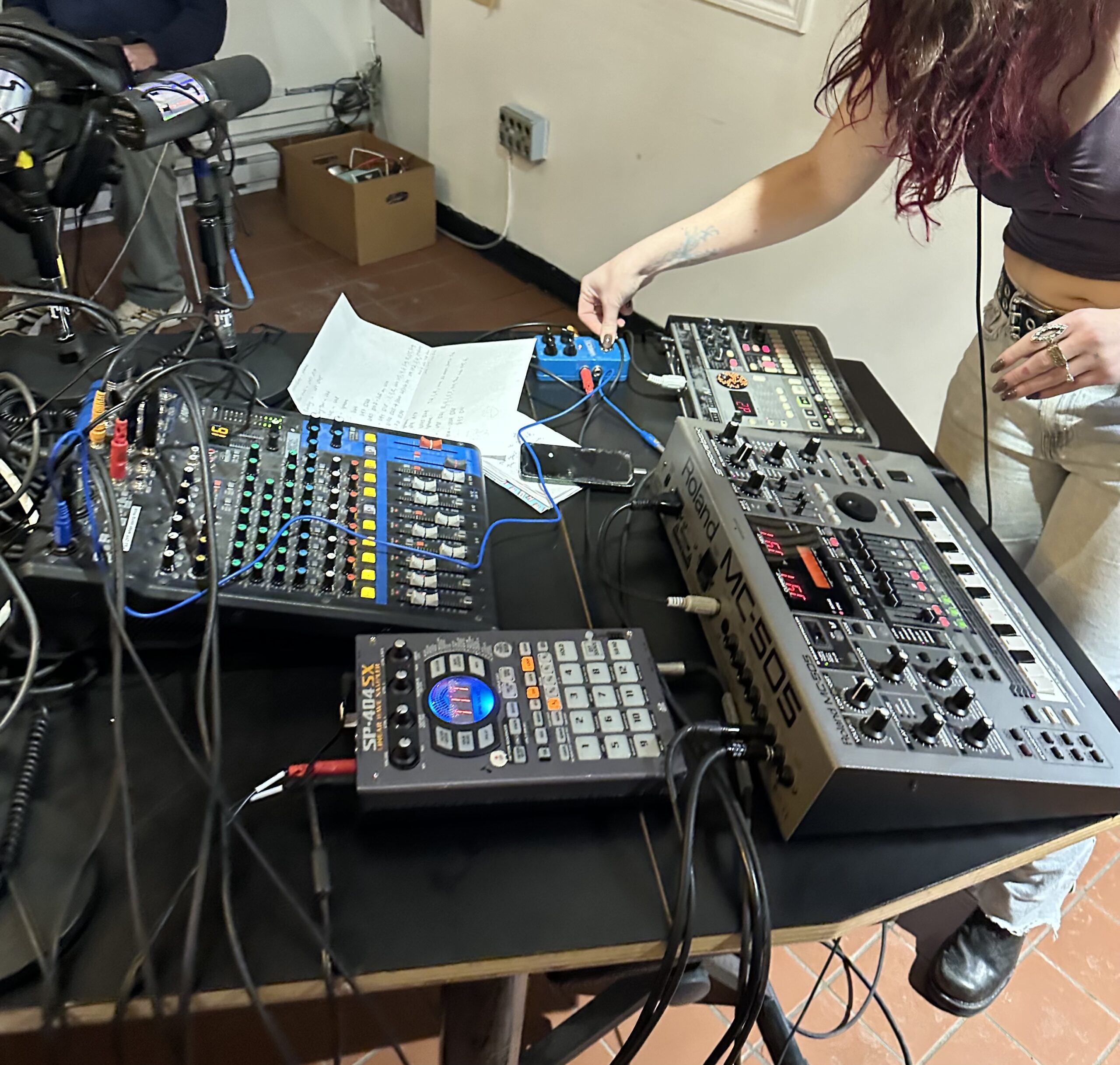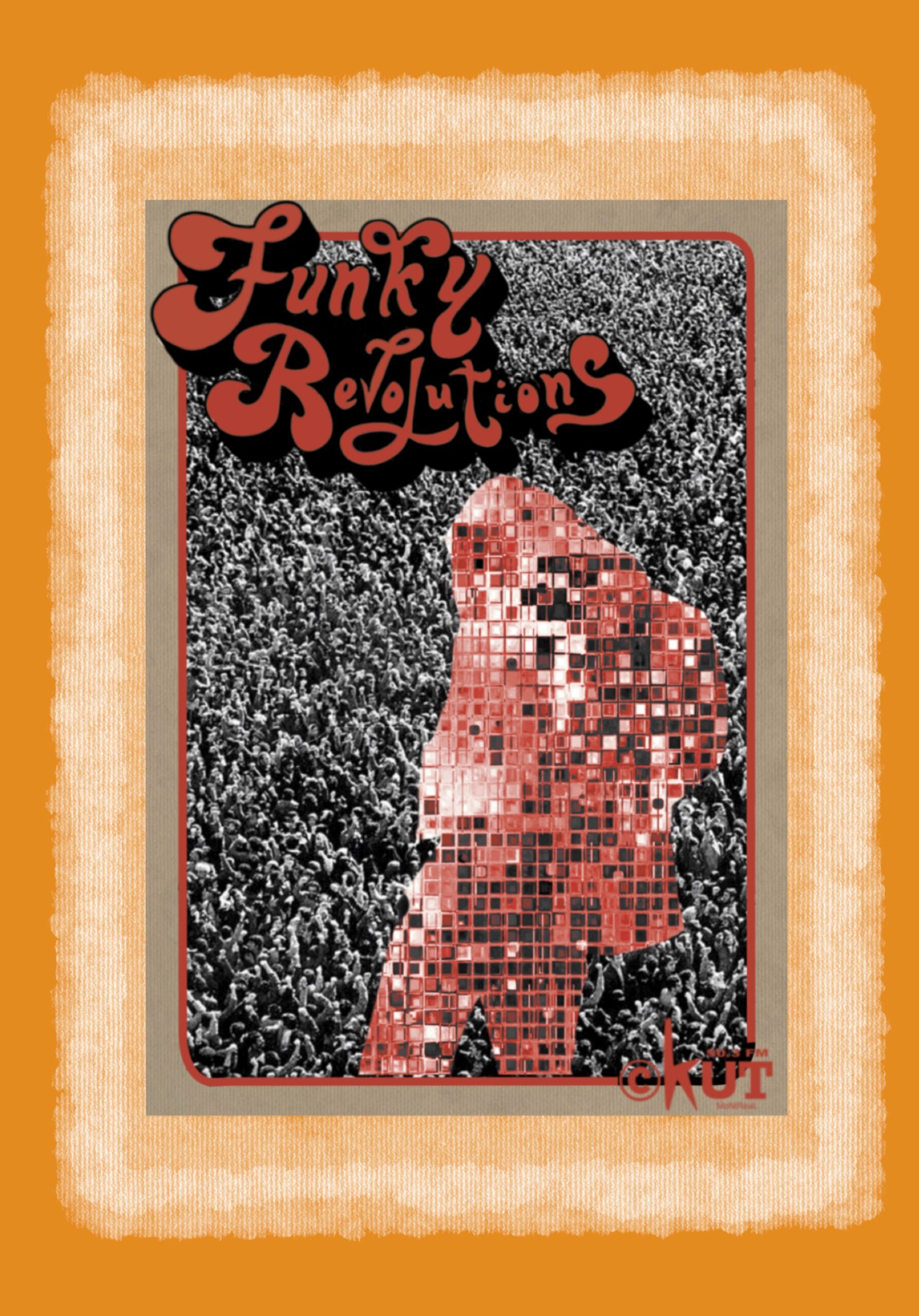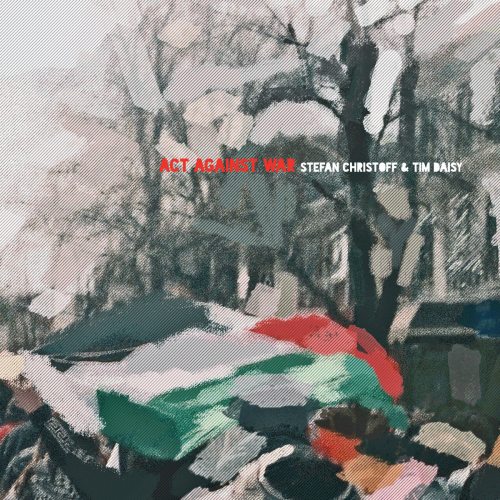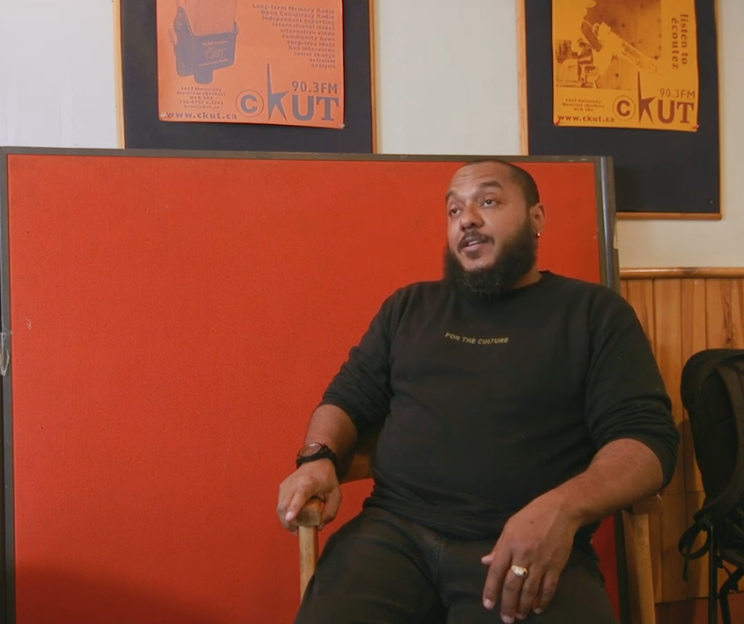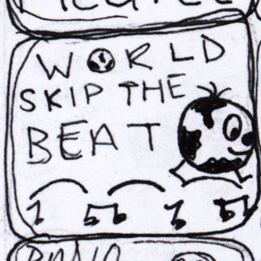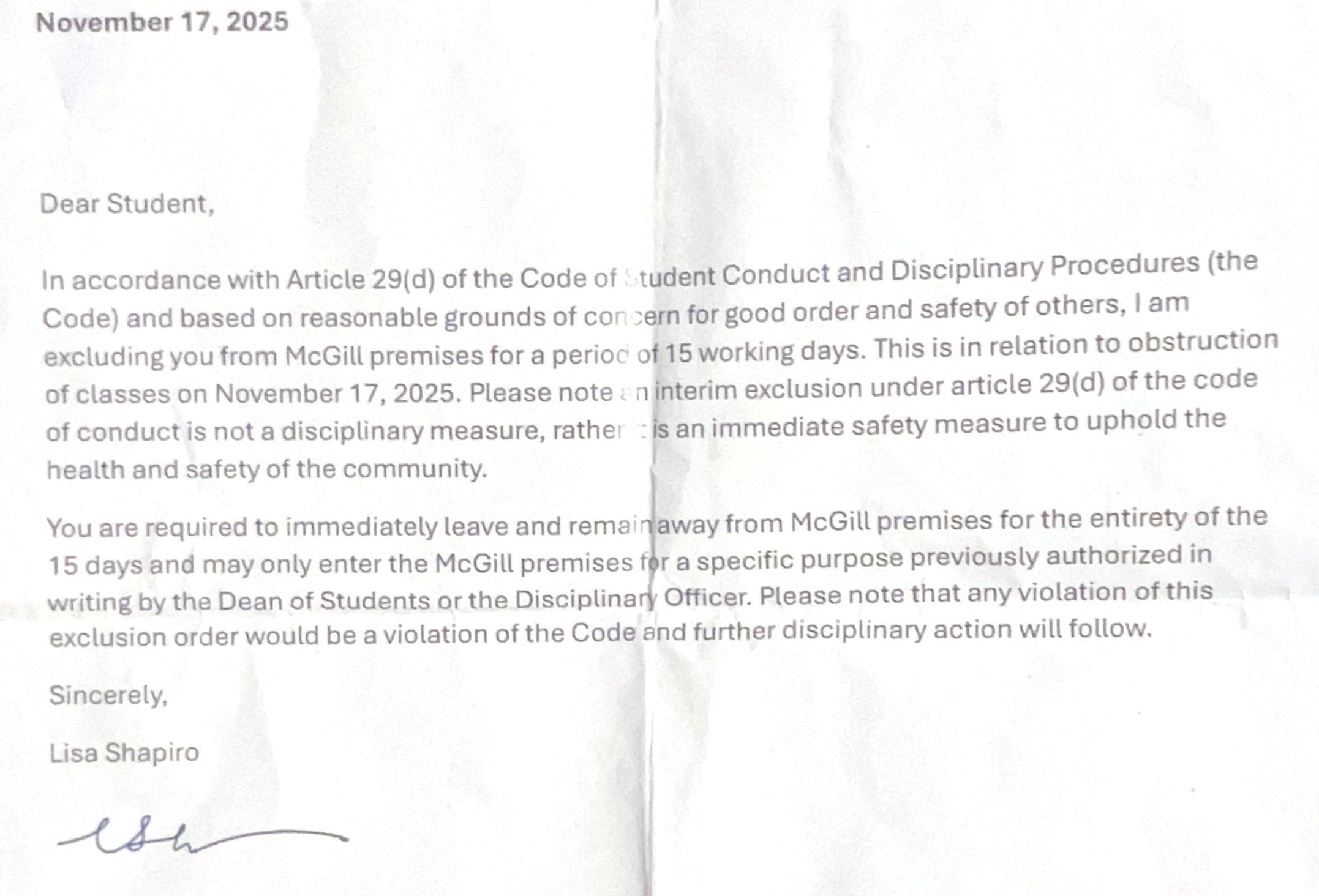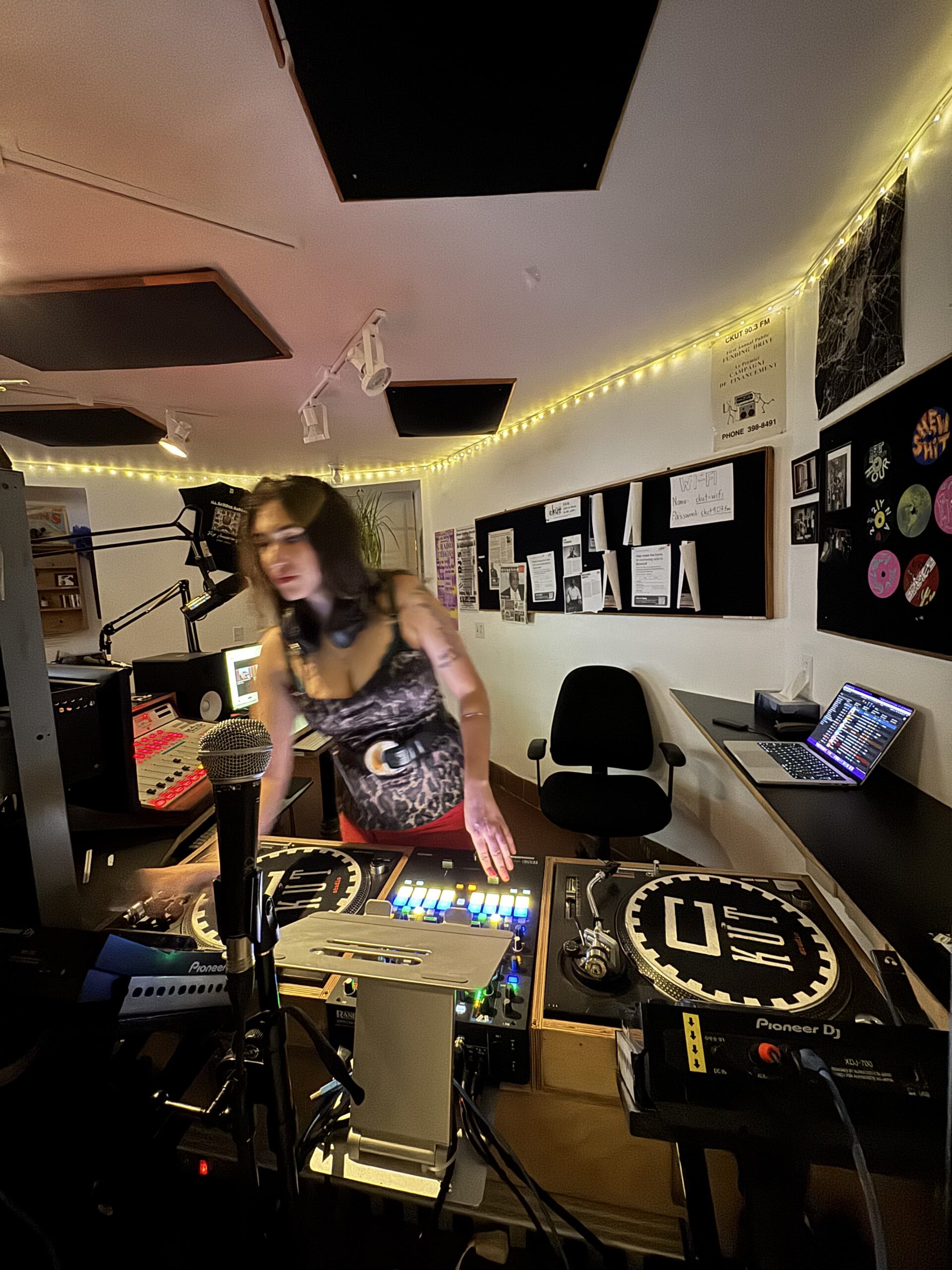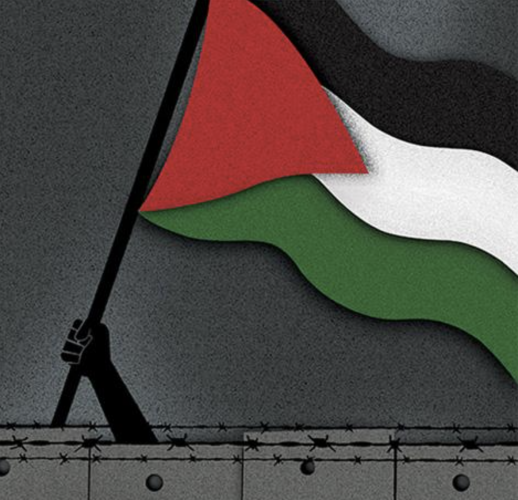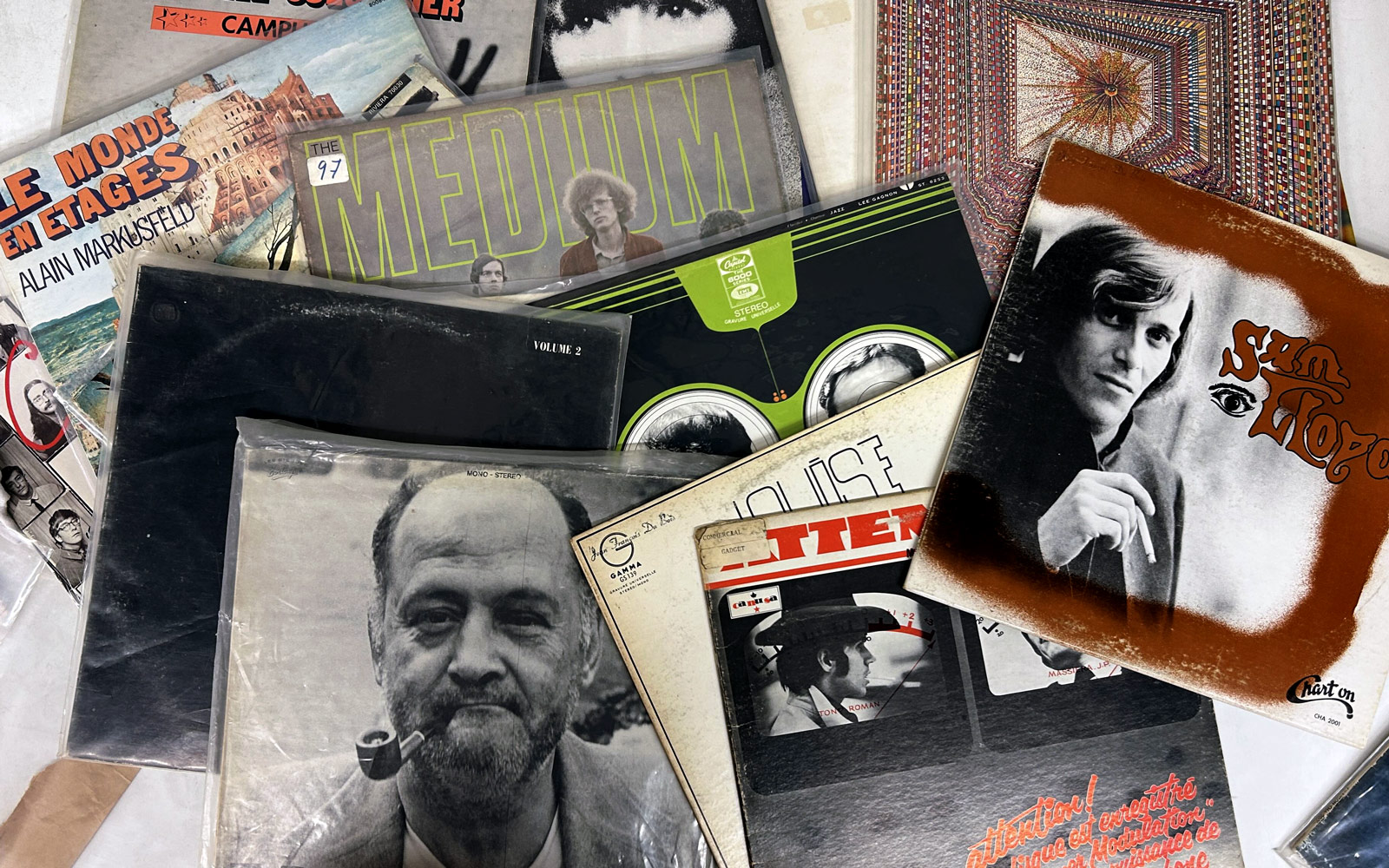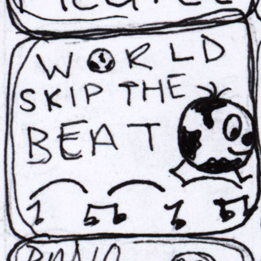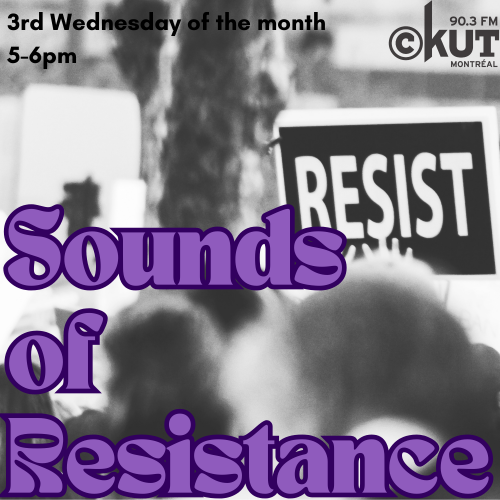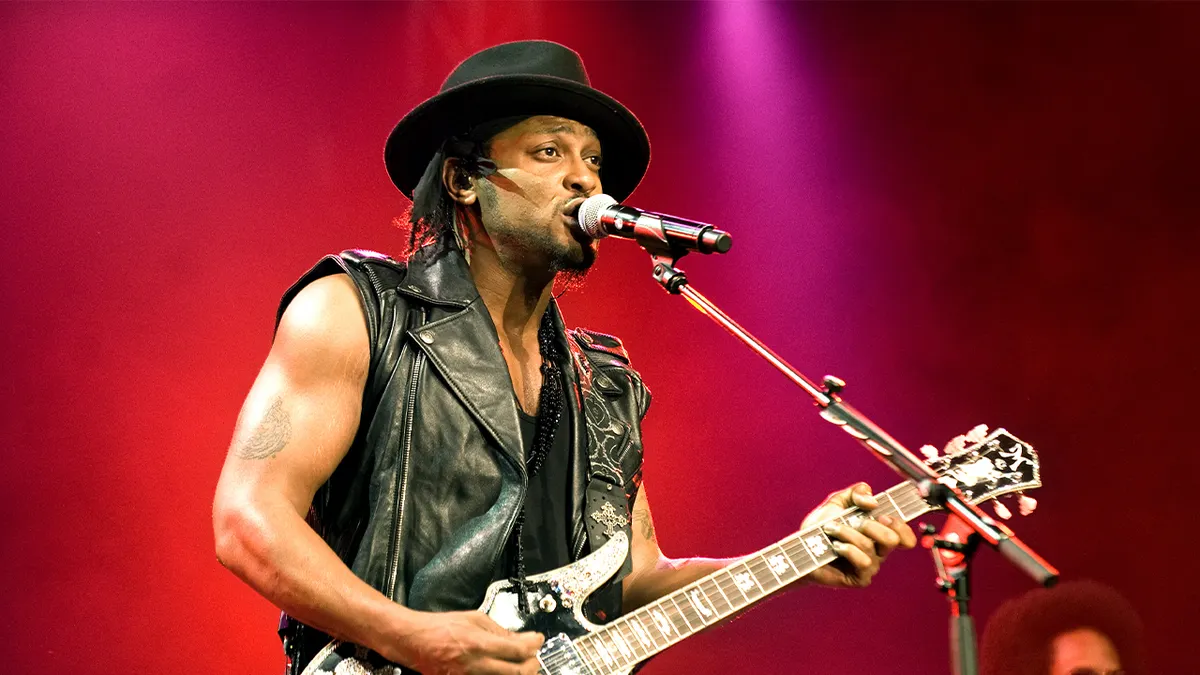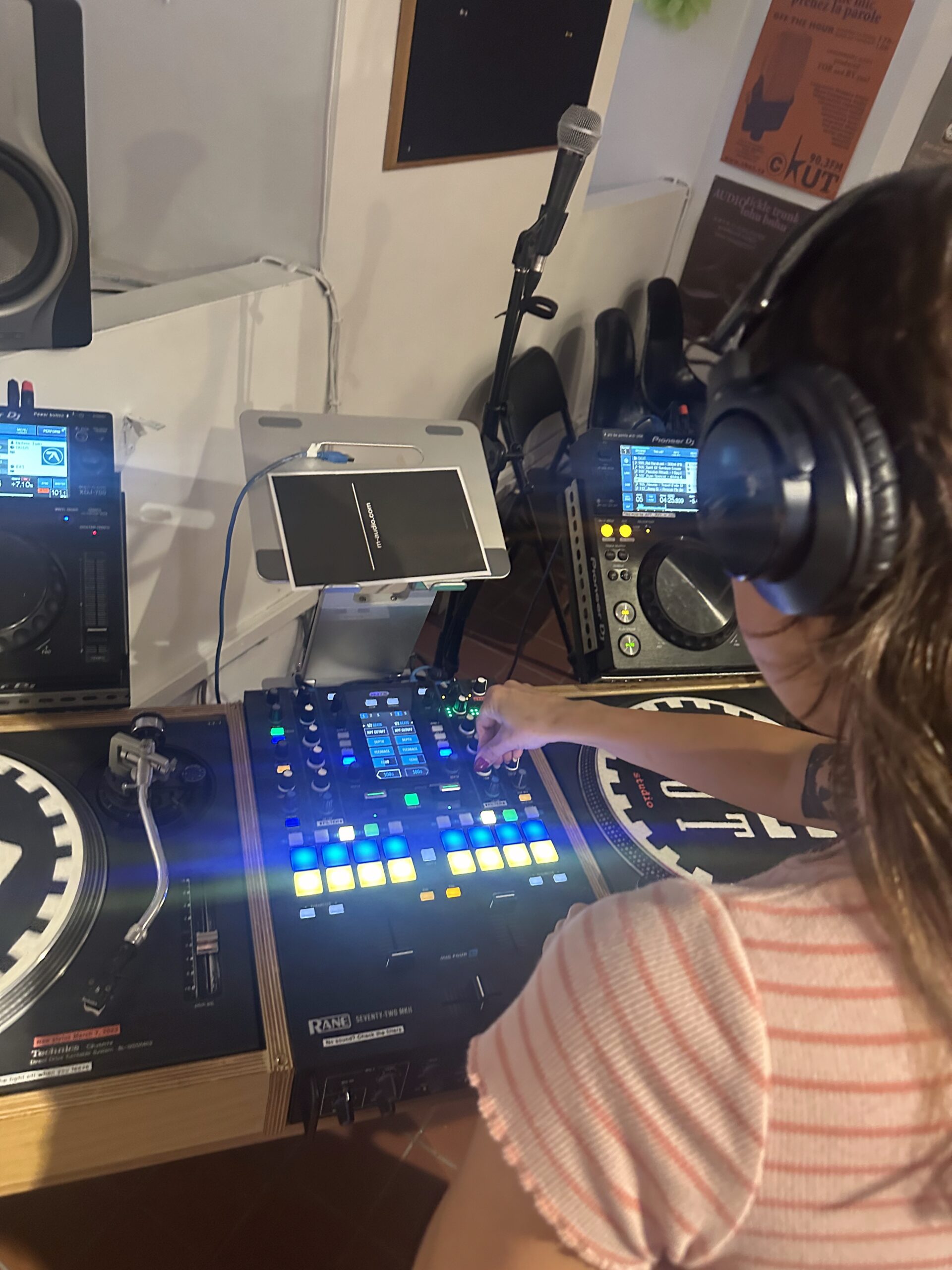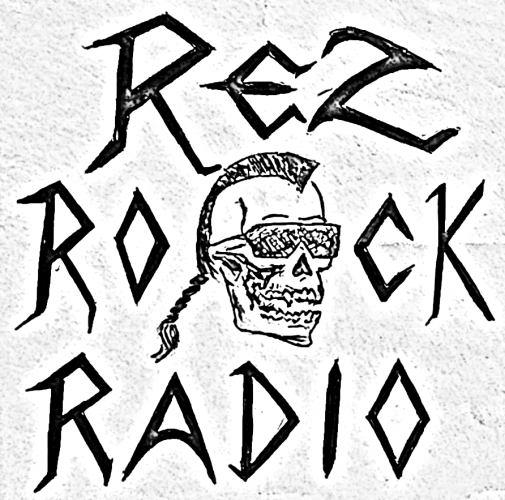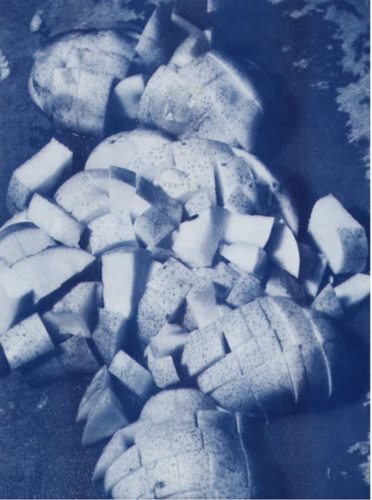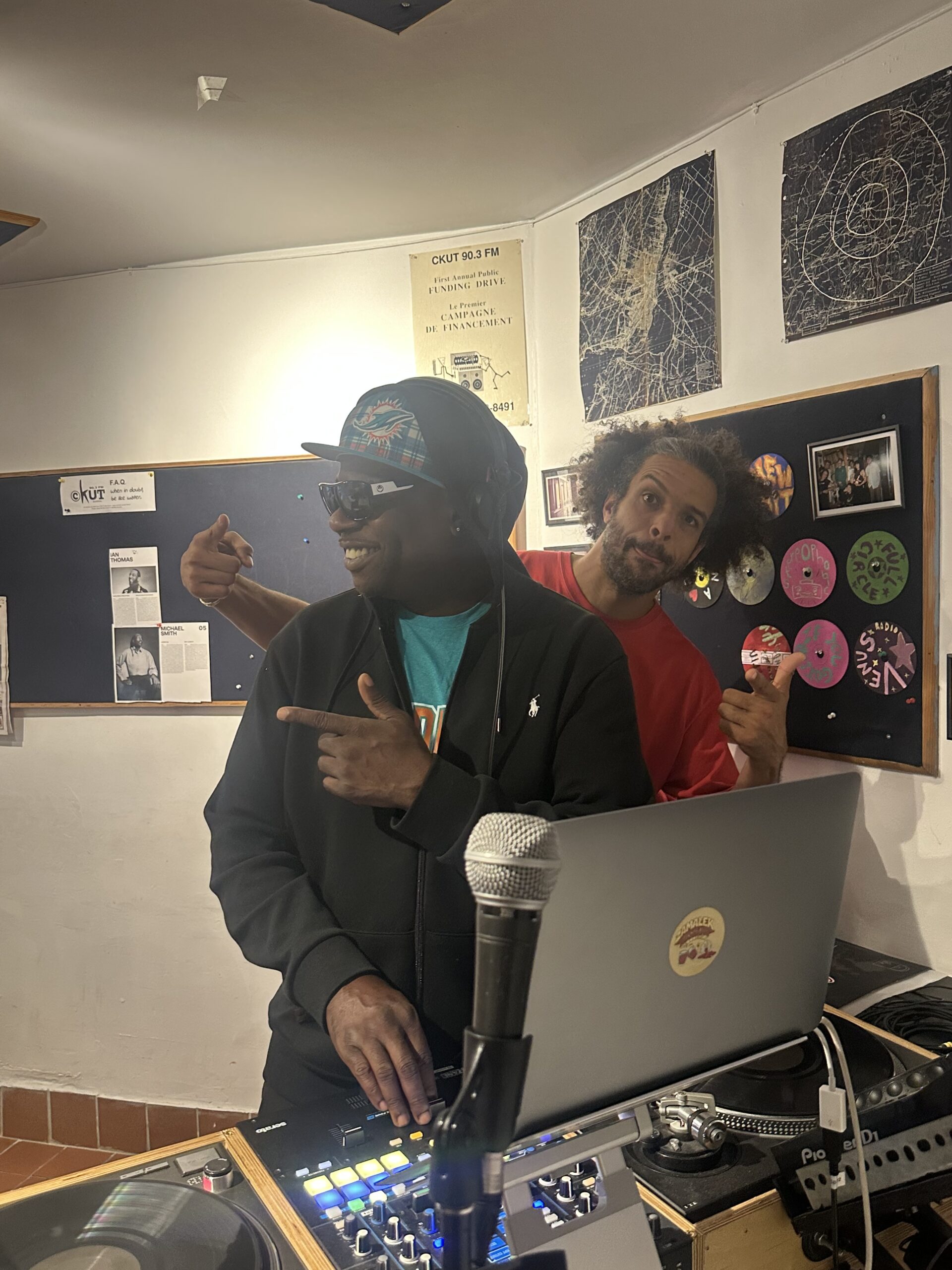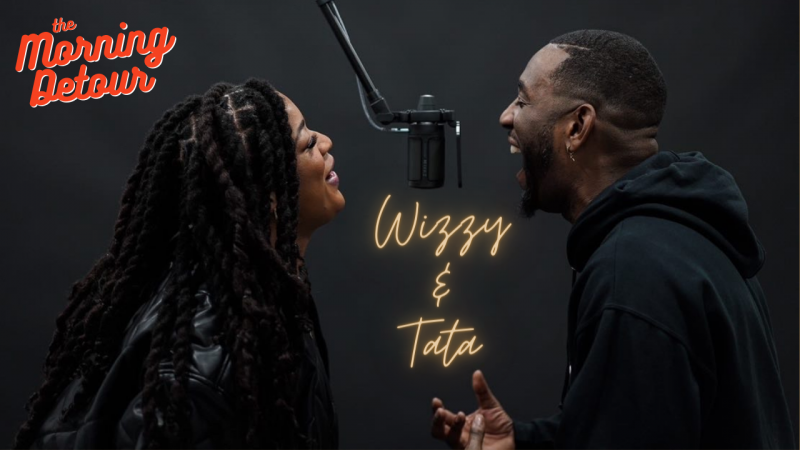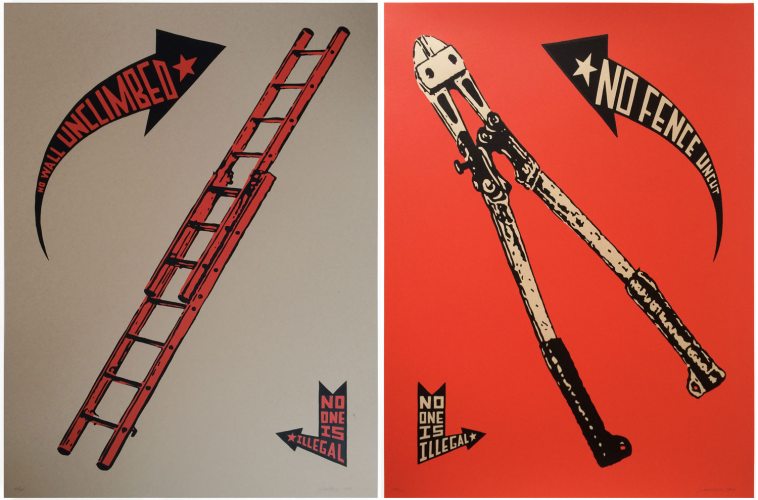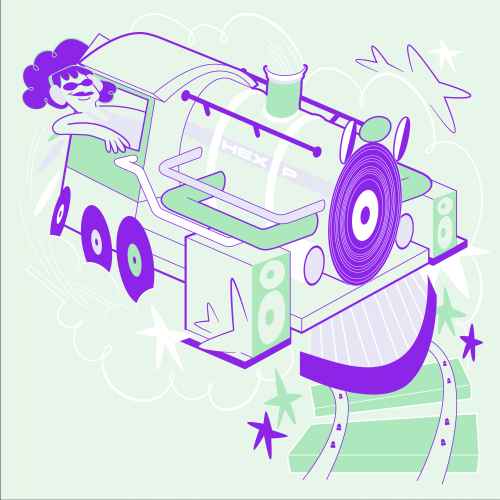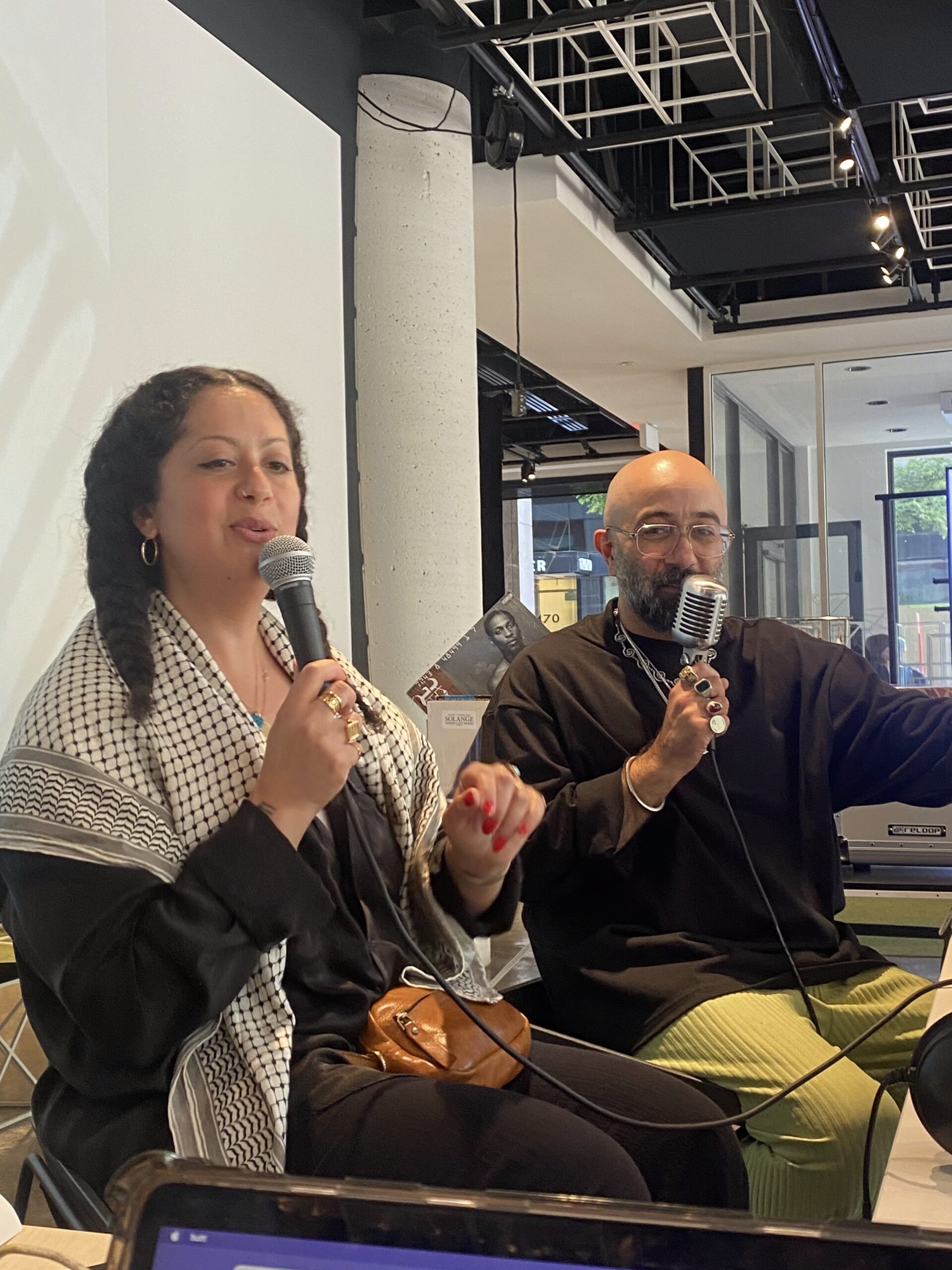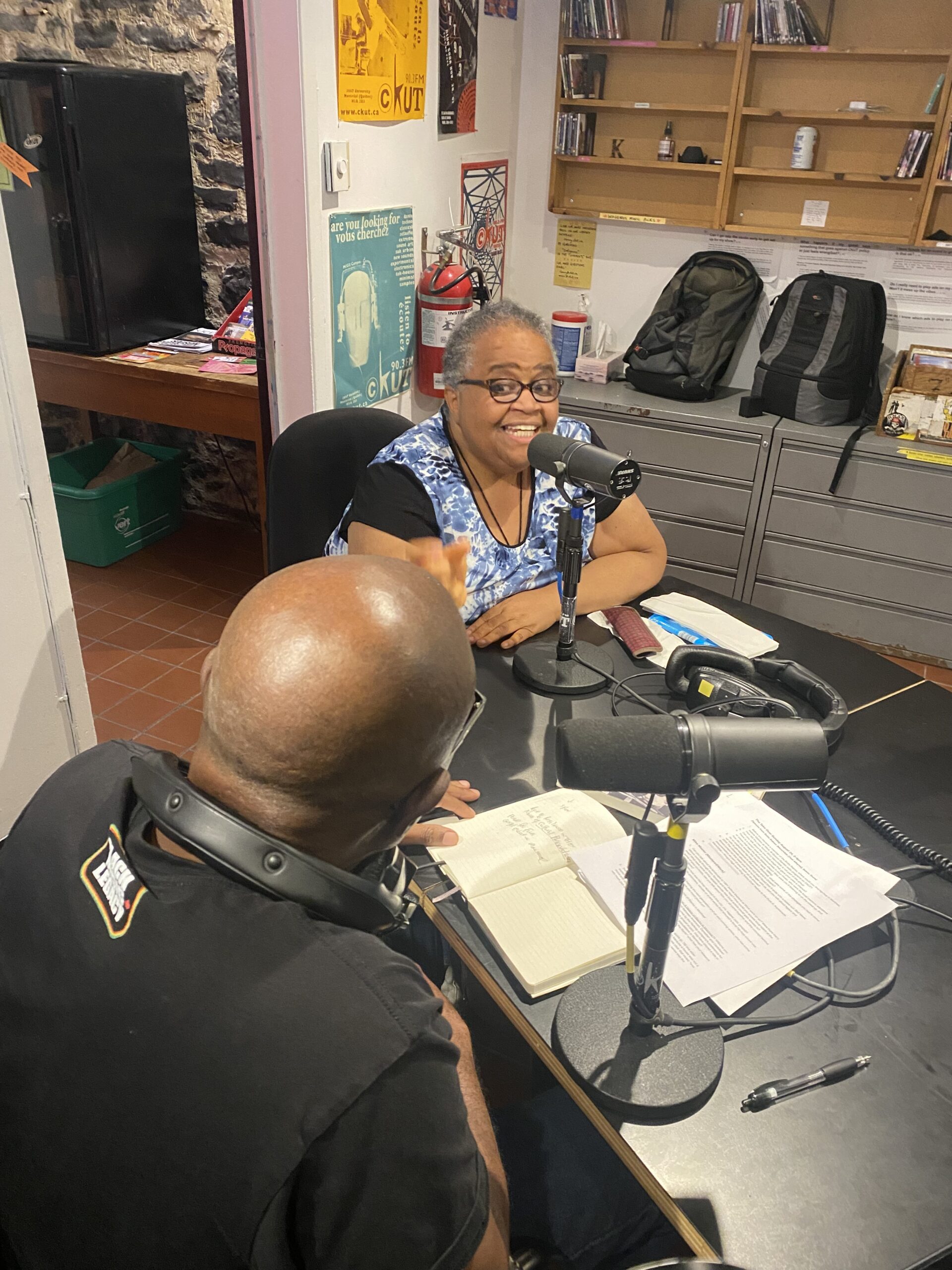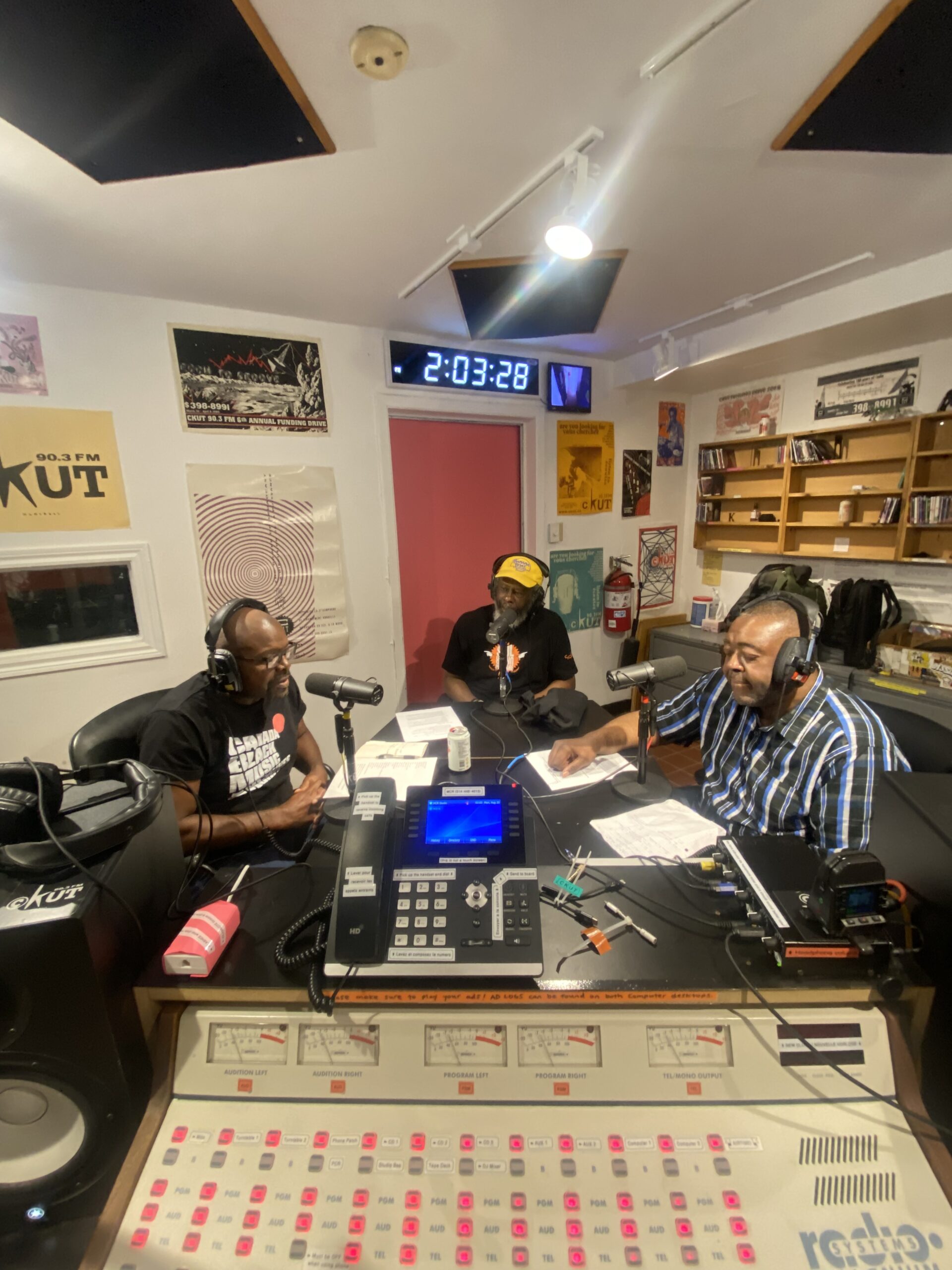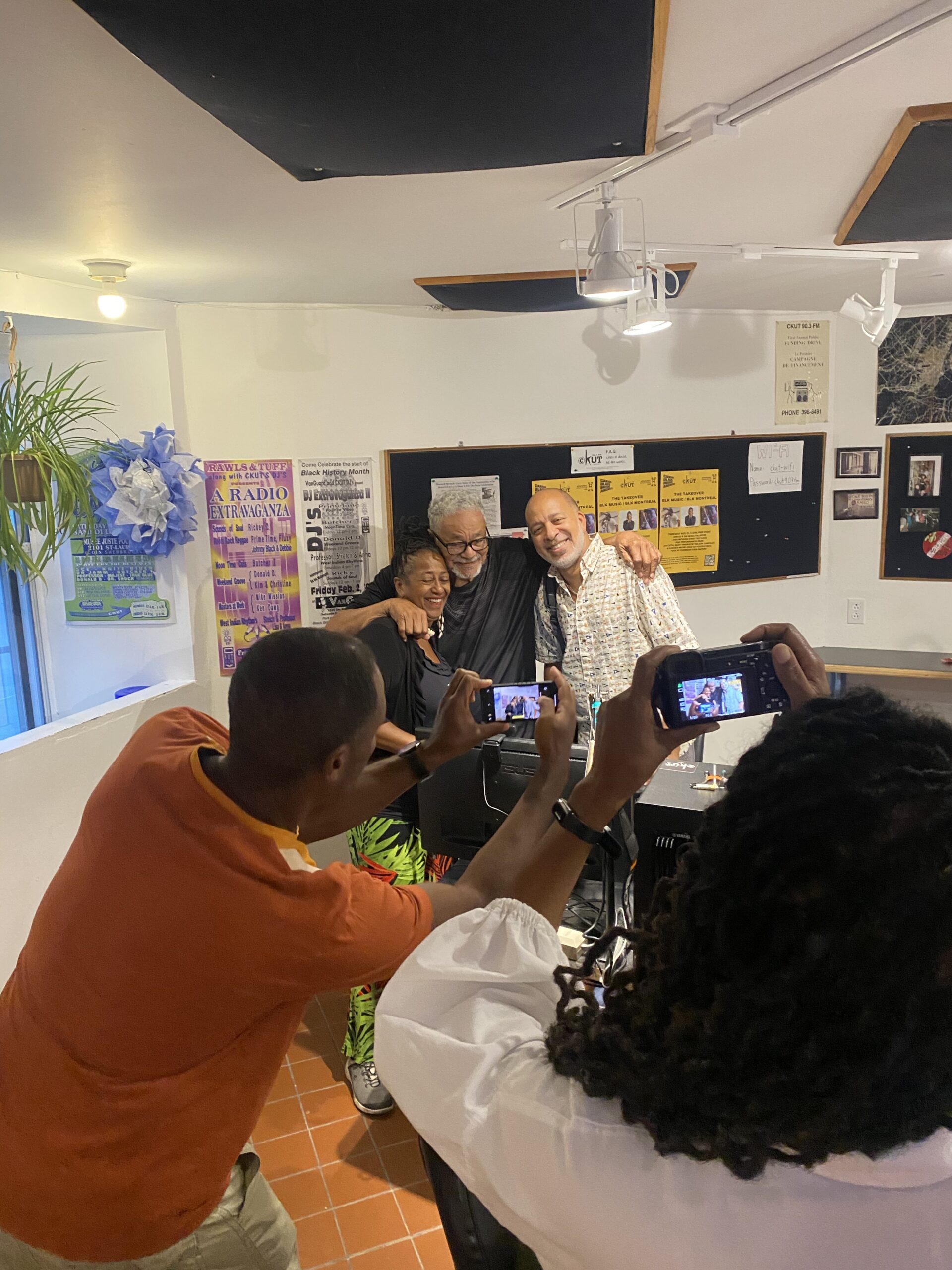Two Moons: A Conversation with Hodge
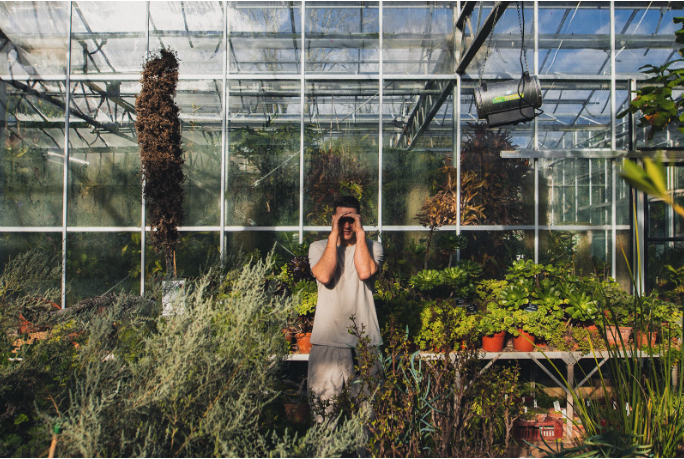
Hodge is a master of tension. His tracks and sets weave a dancer’s perspective with a vivid sense of imagination, somehow giving you the room to dream while your body is driven into relentless motion. He draws inspiration from many sources, ranging from memorable personal experiences to the elaborate settings of science fiction novels.
For his debut live set, Hodge is crafting the soundtrack of a world where cutting-edge technology coexists with the beauty of nature. He aims to give the crowd a glimpse inside his mind, expressing his feelings of wonder through the texture of music.
Jacob and I caught up two weeks before his performance at MUTEK to chat about his vision for the set, the power of memories, and the process of telling stories through music.
Hey Jacob, how’s it going? First off, I was wondering what your setup is going to be for the MUTEK performance. Is it going to be a pure DJ set or are you also including live MIDI or hardware elements?
It’s actually gonna be pure live, no DJ, this will be my first ever time performing like that. To be honest with you, every time I practice it, something’s changing. The way I have it set up at the moment, I’ve got Ableton running in clip view and I’ve kind of sequenced out, I would say, too long of a time period. There’s some exact moments where I know what I want to happen, but with the scene launchers, you can jump back and forth depending on how the crowd is responding.
I really want a versatile setup that gives me the ability to react to the crowd and the space. Being a DJ for a long time, I love being able to react. And the idea of performing and being set in a linear thing freaks me out a bit. When I’m DJing, if there’s a tune that’s not going down well I can run that as a tool in the background, and bring something else in. So to get that freedom in the live set, I chose clip view and I’ve also got a Novation controller, which basically lets you control the faders in terms of the volumes and what I can dub out. I also wanted the ability to dub the live set as I perform. I recently saw Mad Professor live, and I was telling myself “Oh my god, this is unbelievable.” With the ability to dub things out live, you can create this really trippy kind of environment.
For me, the Two Moons set is going to be about a world building version of my own tunes. It’s the first time I’m going to have the ability to create an extended period to just be like, “Okay, we can live inside this world I’ve built in my mind.”
It’s versatility in terms of sequencing but also with the dubbing, so lots of effects are going to be applied live. I’ve got one of the new Ableton Pushes as well, that’s going to allow me to do some live drums and synthesis over the arrangement. I’ve got a whole bunch of guitar pedals I’m playing with too. It’s one of those things that it feels like it can be never ending.
One time I saw Overmono play live, and I was looking at their setup and asking myself, “Do they really need fifteen synths on stage?” And then when you start doing live yourself, you’re like, “Oh, that’s fun. That’s why they’re doing that.” I’ve got another two weeks until the performance, which means I’ll probably practice it another twenty times. We’ll see where it ends up, all I know is it’ll be something different every time. I can’t imagine it ever becoming stale, for me that’s probably the most exciting part about doing a live set.
In terms of the conceptual feel, what can people expect when they see you perform? I was reading a bit about your Two Moons concept on the MUTEK website.
It’s going to be really dancefloor oriented. So Two Moons, that’s my label where I put out two tunes called Sub 100. And the idea of that was basically I was gonna release Sub 100 and then just release loads of records going forward on the label. I released that one record, got completely stuck in my own head and was like, “I’m not sure exactly what to release next, I’ll wait.” Then all of sudden it was two years later and I hadn’t done another record on it.
But fortunately, I’ve just gone through a really positive writing period. And when I’m writing music, I try to not let my brain sit in reality, it kind of goes off into its own world. I’ve always read a lot of sci-fi and stuff like that. So a lot of the time I’ll be kind of going back to books I’m reading in my mind. Over time, I’ve somehow built up this very specific world in my brain that my music lives in. And I want to try and translate that to the dancefloor.
If I could put it into words I would, but I guess the whole point of the music is that it’s something I can’t put into words. I’ve got a visual map in my mind of what the set’s going to be like, but at the end of the day it’s a sonic experience. So it’s best experienced with your ears: it’s body music, it’s dancefloor. And it’s kind of just a live version of what I’ve been about.
I tried to make the set really esoteric at first, kind of trippy and more of a choreographed live act. But I’m working off my own responses to the music, and I kept thinking, “Everything I produce is about moving and dancing and body movements.” So it ended up being really dancefloor again. I never, ever intended that at the start. I was telling myself “Oh, the live experience is gonna be something I can really work out progressions in, maybe I can even let it sit without beats for a while.” But every single time I was like, “Let’s just add some energy”, and then all of sudden I’m back to dancing. It’s what I do and what I love.
I’ve also got a bunch of new music in there. For this performance, like half of it, maybe more is going to be based around unreleased tracks. I’ve got some tracks with Coffintexts in the works and I’ve been producing with Ma Sha too, I’ll probably incorporate some of those tracks. And then I’ve got two or three new tracks from the next Two Moons release, which will probably drop sometime in October.
To be honest with you, I know how the set feels in the studio, but when I get to the venue, it’s going to feel totally different. And I don’t know exactly what it’s going to be like until I perform it at least once.
That makes sense, there are so many variables that you can’t control. You’re not familiar with the venue, you don’t know exactly who’s gonna be in there or how they will react.
Yeah, for sure. My brain is also very different to other people in terms of what I like. Sometimes I’ll be at home and I’m like “Wow, that’s really deep” or “Oh that track slams” and then when I’m DJing, I get to the club and play the track and I’m like “Oh my god that’s not deep!” All of a sudden the kick’s banging and everyone is losing their minds. And then I’ll play what I consider to be an absolute booting tune and it ends up being quite a deep heady moment on the dance floor.
To come back to what you were talking about with visualization, how would you describe the world that you’re creating within your music?
When I was writing my album Shadows in Blue a few years ago, I was collecting pictures in a folder on my computer that I associated with the sound of my music. I’ve always been obsessed with plants and green and the earth. So it’s that combined with an interest in sterile artificial gardening environments where you’d grow loads of crops and things like that, which has a weird sci-fi feeling to it. It’s a very cold, dentistry-esque space I’m imagining, but with all this luscious beauty inside of it. And what interests me the most is the contrast of it all. The coexistence of the earth and the plants with something quite technological and futuristic is where I really get excited.
In terms of my music, it’s a similar dynamic. I’ve always been very interested in tension and the moments before stuff happens. Of course, I love the break and the moment when everything kicks, but the buildup just before something goes, that’s my favorite thing.
It’s really hard to represent the idea of tension visually, I’ve never quite been able to pin it down. I have a clear visual picture in my mind as I write music that makes a lot of sense to me, but there’s a disconnect when I try to bring those visuals into the world. For example, I’m painting my house right now and I’ve painted it completely wrong colors because I’m just so bad with visuals. I think that’s what’s led me to music, through sound I can communicate exactly how I feel and what I want to express.
What went into the decision to do your first ever live set? Was this a recent spark of inspiration or have you considered it in the past?
When I released Shadows in Blue back in 2020, I was planning to write a live set based on it and play the album live. But of course that ended up being right when the lockdown hit and I wasn’t able to play gigs for two years, it was devastating. And once things opened back up I got back into my regular rhythm and I never found the time to get back around to the idea of performing live.
I knew at some point I’d do a live set, but I didn’t know when and I kind of didn’t pursue it because that experience in 2020 really caught me off guard. This year, MUTEK hit me up and said “Hey, are you ready to do live?” And I was like “If I don’t say yes now, I might never do this”, so I made the commitment. I’m really looking forward to it, it’s gonna be super fun.
Would you say you start the process of writing music with a clear idea of the space that music will inhabit, or does it take shape as the music is made?
I react to the last place I’ve been a lot of the time, and when I’m making music I’m always trying to imagine a physical space the song is going to get played in. Recently I was at Love International Festival in Croatia, and when I got back in the studio after that everything was colored by being in the sun, on the beach and the experience of dancing there. It’s such a welcoming space and an amazing environment, and my music immediately started becoming lighter.
When I played the Reef party at Berghain, for a long time afterward my music was influenced by what the crowds were responding to there. And then when I play in Bristol, a lot of broken stuff comes through because in Bristol, the moment you drop a broken track, everyone goes wild. Whereas then I go back to the studio and all of a sudden I’m not using so much 4-4, but then I go play somewhere else and it changes again.
One of my favorite memories is from the Freerotation festival in Wales. This was the very first time I went there, and since then I’ve been over 10 times and it’s a place that’s quite dear to me. That year I was going through a big tech house phase, and I stumbled across Shackleton’s performance. I was like “Oh my gosh, what is that!?” I was absolutely blown away. The room I saw him in had these huge silver fans and metal pipes all around, I guess it was a system to cool the space down. It gave everything a crazy free party, weird sci-fi feeling with the music alongside these big metal structures.
Ever since then, I keep coming back to the memory of that room when I’m in the studio. And when that merges with my obsession with sci-fi and nature, I start to imagine an otherworldly green planet with dancefloors on it. I’m getting excited thinking about it right now because I’m imagining that Freerotation room dropped right in the middle of a jungle, and everyone’s dancing.
Do you think that storytelling through music feels different than in other forms of art? And what do you think makes it unique?
For sure, I think the main difference is how things are processed. In my case, I process sound in a very different way than most people. For example, I can listen to an audio book or a podcast whilst I’m doing five other things, and if I stop, I know exactly what’s happened in the whole of that audio book. But when I’m sitting down reading, I can’t have any distractions whatsoever. When I’m really in a book I’m totally immersed, but if my dog starts barking, it pulls me completely out of it. With audio I’m always focused, almost nothing can distract me.
So in terms of the actual storytelling, I think it’s very different for me and it’s different for a lot of people because it comes down to how your brain processing works with the information you’re being delivered. And that’s what’s so exciting about art, because it means that everyone that’s experiencing these art forms are experiencing them in slightly different ways.
I also think there’s a lot of storytelling power in audio. During Shackleton’s Freerotation set there was this one vocal sample that kept popping up at different points in his performance. And because the music behind was changing, it would recontextualize the vocal each time. I thought that was fascinating because you had this sound at the start that meant one thing and by the end, its interaction with other sounds had turned it into something very different.
I love the way that you can recycle and renew elements through music. If you look at all types of music, especially dub and things like that, it’s all about taking a melody and recontextualizing it. Look at sample culture in hip-hop. Even if the source materials are familiar, the context is totally new. Whereas in a book or written forms of art, it wouldn’t really be as effective to write a very similar story over and over.
Music gives you a lot of opportunities to embrace repetition and minimalism and try to figure out how to do more with less. For example, let’s look at the M1 bassline that’s really prominent at the moment. It started off being one of the biggest sounds in early 90s, late 80s House. All of sudden it’s back, but in a very different way. So we’ve taken a sound which has been around dance music for close to 40 years, and it still feels fresh.
Every generation comes through with their sound and they come through with something new that adds to the lineage, whether that’s a new understanding or an entirely new concept. And you can always trust the kids to come through and make something exciting. I’m a fan of music first and foremost. Whenever I hear something new I’m like, “Woah, I want to try that!” I always want to be involved and see what new things are all about.
And when you look at something like that as a form of storytelling, you realize it goes way beyond a single song, album, or set. There are these stories being told through human interactions over such long periods of time, and they are constantly being updated and rewritten. I find that amazing.
I saw that Neuromancer and Snow Crash are two of your favorite books, I love both of those as well. How do you think the concept of a parallel reality relates to electronic music? Do you feel like the part of your brain that’s connected to music occupies its own space? And to use a term from Neuromancer, can you jack in and jack out of that space as needed?
Yeah, I like that. I like the idea that music is a parallel universe to the universe we’re living in because we often use it as an escape, right? To that point, I’ve got this really, really lovely memory when I was traveling in Italy. Where I was staying, there was a pool and I was listening to an amazing RA podcast, I forget who it was but it was a really good house set. And I hadn’t listened to dance music properly for a week because I’d been traveling.
I put my headphones on by the pool and boom, I’m transported into this amazing dance floor experience. And it had nothing to do with where I was staying in the mountains, but I was in this raw house environment, like NYC Downlow in Glastonbury or something like that. And I listened to this set, fully experienced it, danced and moved around this villa and thought to myself, “No one else around me is experiencing this.” They’re all just doing their own thing. Someone’s swimming over there, someone’s sitting by the pool, and I’m immersed in this amazing dancefloor set. So yeah, I like the idea, like you’re saying from the William Gibson stuff, that music runs as a parallel dimension to everything we’re doing when you’re fully experiencing it. That’s a really nice thought.
How do you balance a spontaneous approach alongside a meticulous approach when you’re telling a story through music?
For me, a lot of the storytelling happens in terms of the editing later on. When I’m first working on a track or EP, I go into the studio and make a whole bunch of noise. I plug a load of stuff in, make tons of noise and record it, and then come back another day and listen to it. And then from listening to what I’ve done, I can then repurpose that into the world building and everything else I want to do.
It all kind of happens by accident at the start, but then once something’s on the screen and it actually exists, I can then go through and be like, “Hey, that sounds good here. This should become this,” and then I’m really excited about structuring it. So it’s very much a way that I can be improvisational at the start and then come back and actually be intentional afterwards.
So for you the creation and arrangement phases feel like different parts, but also interrelated.
Yeah, inside writing music for me, everything’s broken into many more stages. The idea that you can sit down in front of a laptop or whatever you’re going to use to write music and go, “I’m going to just write a song” is insane to me. To me, it’s like you’re conflating sound design with sequencing, with mixing, with everything at once. That’s like being given a paintbrush with every single color in the world, where the hell do you start?
So I tell myself, “Okay, the first thing we’re gonna do is go and make some sounds today, all you’re doing is making amazing sounds.” And then day two might be, “Oh, you’re making these amazing sounds, do they interact with each other?” Then off the back of that, it’s like, “Let’s try and put them together.” And then I try to get myself in a flow state where stuff’s just being put together naturally, like a puzzle that’s arranging itself.
And then the moment that flow state stops, I’m like, “Why did I lose focus there?” And it’s often, “Oh, I wanted a pad sound.” If I want a pad sound, I don’t want to sit there and have to make it in the moment because now I’m not creating anymore, I’m designing. So then I go, “Stop, let’s go back to the designing phase. Let’s design a bunch of pads.” And the great thing about that is not only do I design a sound, but I also learn new techniques in how to make sounds.
So the next time when I’m writing, if I do need a pad I don’t have, I’ve got the technique of designing to be able to do it and keep myself rolling instead of hitting the same roadblock over and over again. Every time I go back and redesign, I make sounds that I want to use, but at the same time, I also come up with fresh ideas on how to craft similar sounds in the future.
What would you say the concept of the future means to you? Are you a person who tends to look more forwards or backwards? And are you optimistic about the future of electronic music?
Yeah, I am. I get a bit caught up in it because it’s hard to believe that when the whole of society’s future seems bad. I think music is gonna become more and more of an escape for people and it’ll continue to grow in importance. And we’ve been going through this period where everyone’s talking about the negatives of clubbing and people are going out less. But all of that is a reaction to what’s happening around us, it’s not a reaction to the music itself. Everyone still loves music and I don’t think that will ever change, people just have less means to enjoy it.
For so many people, going out clubbing, it’s a privilege to be able to even do it. It’s really sad, everyone’s fucking broke, man. Like no one can afford to go out as much as they used to be able to when the cost of living is so high. So I like to think about a future where people can have freer access to these spaces, but it’s so tricky, isn’t it? Because I run events myself and I lose money on so many events, as a whole I’m barely breaking even. From a promoter point of view, it’s really hard to pass savings onto people.
Being at events is so vital because dance music and electronic music really need physical interaction and experiencing things in a communal environment. You can listen at home and that’s amazing. But nothing beats being in a room full of people where you can create those moments. When you’re on a dance floor with hundreds of other people who are all experiencing something at the same time in a different way, it’s so exciting.
I hope that we don’t lose all these club spaces in the future. And I hope that if we do lose the club spaces, tons of raves pop up to take their place. At the same time, I’m concerned that if you close all the club spaces people might be forced into situations which aren’t as safe, so we need a good aboveground culture to go alongside DIY events for things to remain sustainable.
One thing that makes me really happy about the future is every moment I check music, new music’s coming out from new people that’s so, so good! Do you know when you hear these bitter guys that have been in dance music for ages and they’re like “Oh, it’s not as good as when I was young”, I can’t relate to that at all. I’m excited about the future musically because music’s getting better and better and better. I find it very hard to feel negative about music. But then all of sudden you go back to the start of this answer and you’re like, “Oh shit, it’s bleak out there.”
I love playing in North America, for example, and just me going to play in North America is becoming a lot harder. I’ve got to renew my visa at the moment, and Trump has fucked it all up. It’s looking like the cost of me getting a visa is going to be around $6,000. That’s going to take me so long to pay back, but it’s something I have to do because I want to go and interact with audiences over there, and I want to go and play music over there.
For me, North America might be the best place in the world for clubbing right now. So it’s like, “I have to go”, but it’s also like, “Shit, I’m gonna have to find that money now and I don’t have it.” So I don’t know. I hope that the world doesn’t mess up our experiences, but I don’t think it will because music always fucking finds a way.
100%. It reminds me of nature, if you leave a building empty for 50 years the trees are going to take it back over eventually.
Yeah, I love that, that’s perfect.
Interview by Sean Holley
___________________
Jacob will be debuting his live set at the MÉTROPOLIS 2 event on Saturday August 23rd, you can get your tickets here 🙂 If you prefer to dance during the day, he’s also DJing at MUTEK’s edition of Piknic Électronik on Sunday August 24th!
